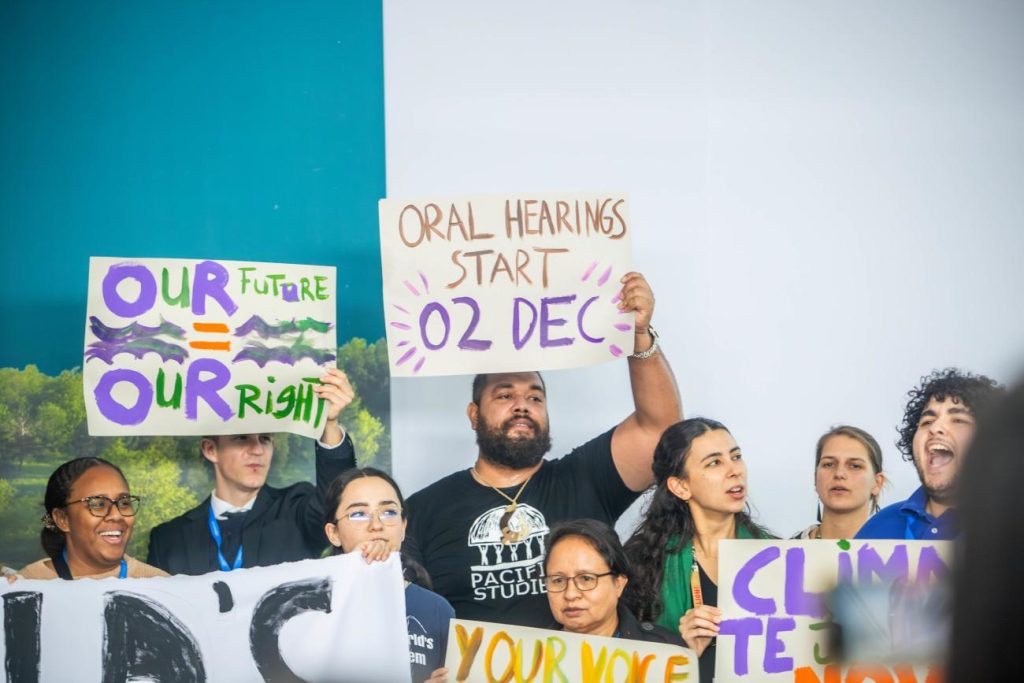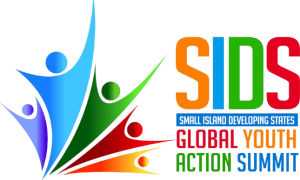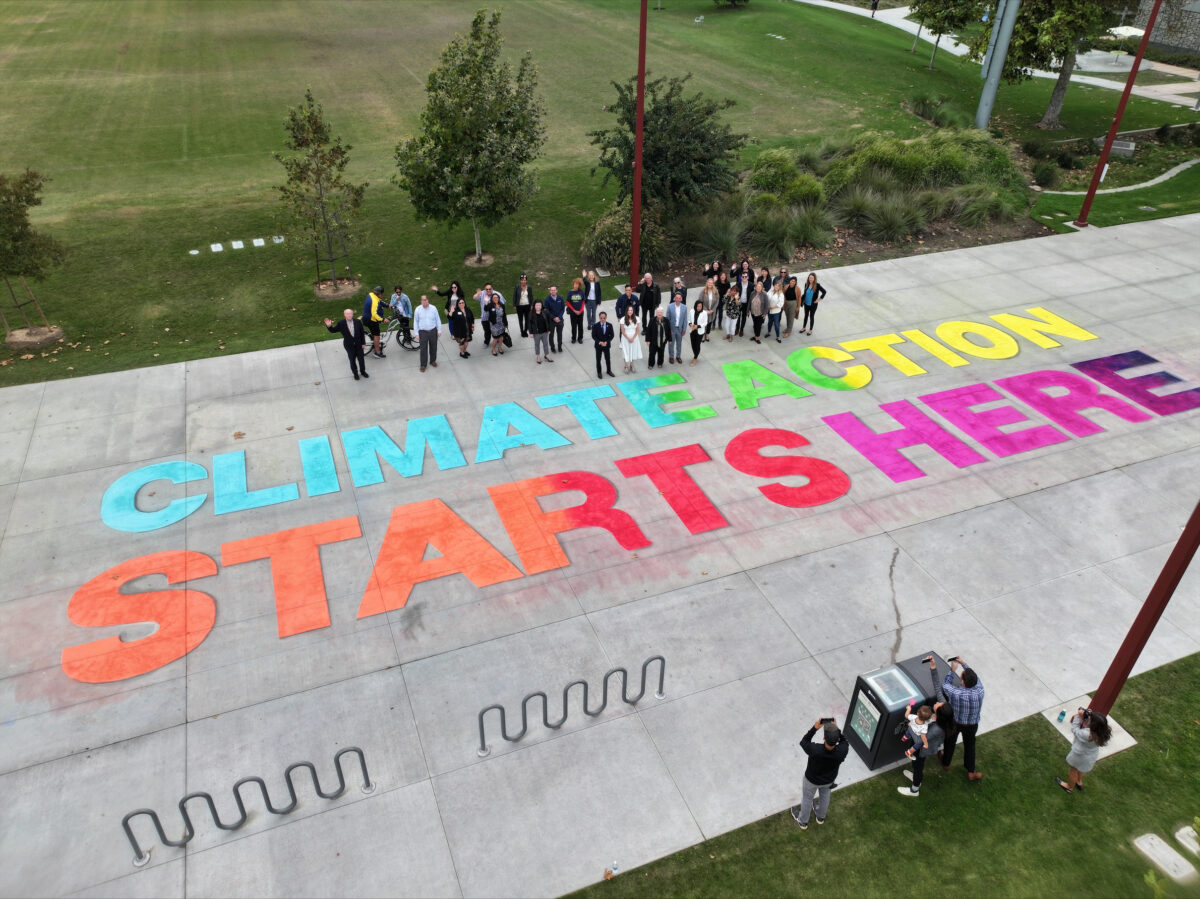Island youth are among the most vulnerable yet most powerful voices in the global climate conversation. Living on the frontlines of rising sea levels, intensifying storms, and dwindling natural resources, young people in Small Island Developing States (SIDS) experience the harsh realities of climate change every day. Their lives are directly impacted—not just their futures, but their present. These young individuals are not passive victims; they are leaders, organizers, and advocates demanding climate justice.
The unique challenges faced by island youth—such as loss of land, food insecurity, and forced migration—make their perspectives essential. Their stories reveal the human cost of climate inaction. They are fighting not only for environmental preservation but also for their cultural heritage, family livelihoods, and national survival. In many island communities, climate change is not a distant threat—it is a daily crisis.
Despite limited resources, island youth are stepping up as changemakers. From organizing community clean-ups and reforestation projects to launching national awareness campaigns and representing their nations at global climate summits, they are demonstrating courage, resilience, and innovation. These actions highlight their deep commitment to protecting their homes and ensuring a sustainable future for all.

However, their voices are often overlooked in global climate policymaking. Many feel excluded from decision-making processes that directly affect their lives. To build equitable climate solutions, international platforms must center the experiences and leadership of island youth. Their lived reality provides vital insights and grounded urgency that the global community cannot afford to ignore.
Empowering island youth is not just an act of justice—it is a necessity. Their creativity, determination, and firsthand experience make them invaluable allies in the global climate movement. As they continue to speak out, the world must listen, amplify their voices, and support their vision for a more sustainable and inclusive future.




